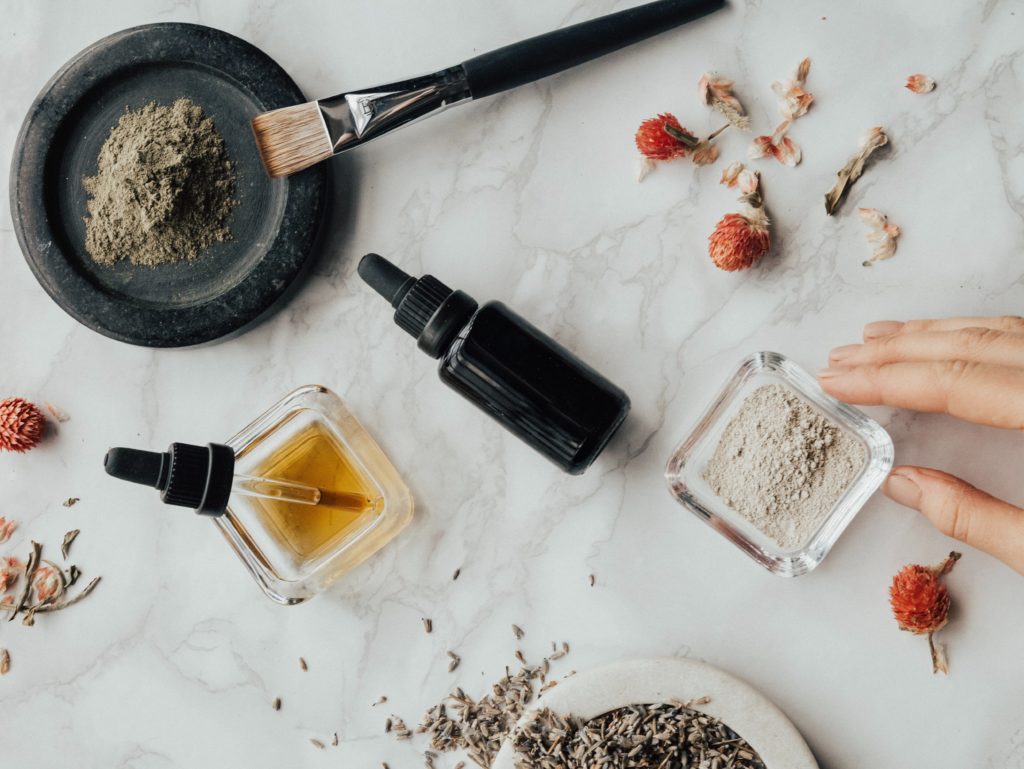Do Collagen Supplements Actually Work? Here’s the Science Behind it
Collagen is the newest active with a lot of hype.
It’s in everything from smoothies to skincare, and it comes in every form from powder to pills.

But does it actually help?
Most of the time, when claims seem too good to be true, they probably are.
Keep reading to find out everything you need to know about this supplement! From benefits and risks, to if they’re even worth taking.
What is Collagen
Collagen is a type of fiber-like protein in the body.
Your body mostly uses it as a major building block for bones, skin, muscles, joints, tendons, and ligaments. So in like everything, really.
It’s even in the eye corneas, blood vessels, and teeth!
While there are in fact 4 types of collagen, type I is the most common, as it is about 90% of all the collagen in your body.
Type II cushions the joints, type III supports muscles and vessels, and type IV is found in a layer of your skin for filtration.
Is Collagen Necessary?
Yes. 100% yes.
Collagen is highly important in many functions of the body and provides support in almost every inch of your wellbeing, from joint health to vessels themselves.
Unfortunately, as we age, the body starts to produce less collagen, and the collagen it does produce is of lower quality.
Signs of this can be seen in a less plump appearance of the skin, less firm texture, or decreased elasticity.
Skins can also be felt in aching joints or if you bruise with more ease.
Are there Benefits to Collagen Supplements
There are some benefits found to the consumption of collagen. These can be seen in scientific studies that find a significant difference.
Benefits include
Increased muscle mass, as a 2019 study found that strength training increased muscle mass more in the group that took collagen peptide supplements versus the group that did strength training without collagen peptide supplements.
A 2017 study found a decrease in arthritis, though this was an animal study. However, collagen did play a protective role and helped prevent the development of osteoarthritis, making it a promising supplement for humans.
A 2019 study found that women who took collagen supplements had an increased skin elasticity compared to women who did not.
A 6-month study found that adults that took collagen daily had a reduction in artery stiffness.
Collagen in skincare can help improve the appearance of wrinkles and fine lines, but this is due to its hydrating and plumping effects. Topical collagen does not reach deep enough to impact collagen production in the skin.
Risks of Collagen Consumption
There are limited studies on the effects of long-term use of collagen supplements and effects on the skin.
Some people are left with a bad taste or heartburn.
Others have reported nausea and bloating though this may not have been due to collagen in the study.
Other potential side effects come from allergens, such as from fish, shellfish, and eggs. People with these allergies should avoid collagen with these ingredients.
Types of Supplements to Buy
Collagen peptide powders are used in many meals, smoothies, soups, and more. This makes it easy to incorporate into meals.
Gelatin can be used to make gummies, jello, or puddings.
Look for grass-fed gelatin, as it is of higher quality than others.
Marine gelatin is also a thing, for anyone looking to avoid beef.
While there are no vegan collagen supplements, you can buy amino acids such as glycine, lycine, and proline, as these are used to synthesize collagen in the body. Some sources of these may be vegan.
Natural forms of Collagen in Food
Bone broth, gelatin, pork skin, and chicken skin all have collagen, but it’s broken down in the body and reassembled, so this may not raise collagen in the body.
Gelatin is created when collagen is cooked and already had large protein broken into smaller parts, making it absorbed well by the body.
The Takeaway
Collagen is an important protein in the body, supporting the skin, bones, muscles, joints, and more.
As we age, its production decreases and it becomes weaker.
To support it, eat food vital in the production of collagen, with vitamin c and various proteins.
Supplements may work, but there are also natural forms of collagen one can eat to supports its production in the skin.
Collagen in skincare is a no-go. While it can be moisturizing and acts as a humectant, these products do not penetrate the skin deep enough to help in the formation of new collagen.





